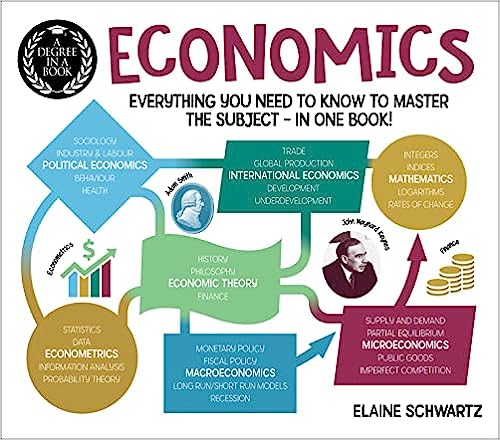From graphs to behavioral economics and free trade, our Valentine’s economics again illustrates that economics is everywhere.
What an Economist Might Say to a Goalkeeper
Having entered the knockouts, World Cup rules mandate a penalty shootout that economists can explain with game theory.
When Rock, Paper, Scissors Was Worth $20 Million
Playing rock, paper, scissors, Christie’s and Sotheby’s helped a Japanese corporation decide who would auction its $20 million art collection.
A Congressional Debt Ceiling Game (Theory)
Looking at the game theory behind congressional debt ceiling negotiations, we see a classic example of the prisoner’s dilemma.
Why the U.S. China Trade War Is like An OPEC Meeting
The one similarity shared by the U.S. China Trade War, OPEC negotiations, and two burglars separated in jail is the Prisoners’ Dilemma.
What Economists Say About a Penalty Kick
Confirming that economics relates to almost everything, game theory can explain yesterday’s women’s World Cup semifinal penalty kick save by the U.S. team.
Why Mapping Apps Create the Prisoner’s Dilemma
The success of a decision to use Waze, Google Maps, and other mapping apps to avoid traffic can depend on outsmarting the prisoner’s dilemma.
How an Art Heist Is like the Government Shutdown
Whether looking at an art heist, government shutdown negotiations or a soccer shootout, game theory can explain people’s behavior.
How Game Theory Explains World Cup Penalty Shootouts
We can use economic game theory to understand the decisions made by kickers and goalies during World Cup penalty shootouts.
Why UPS and FedEx Have the Prisoners’ Dilemma
Planning their surcharge policy for the holiday shipping surge, UPS and FedEx each was influenced by the Prisoners’ Dilemma.


















